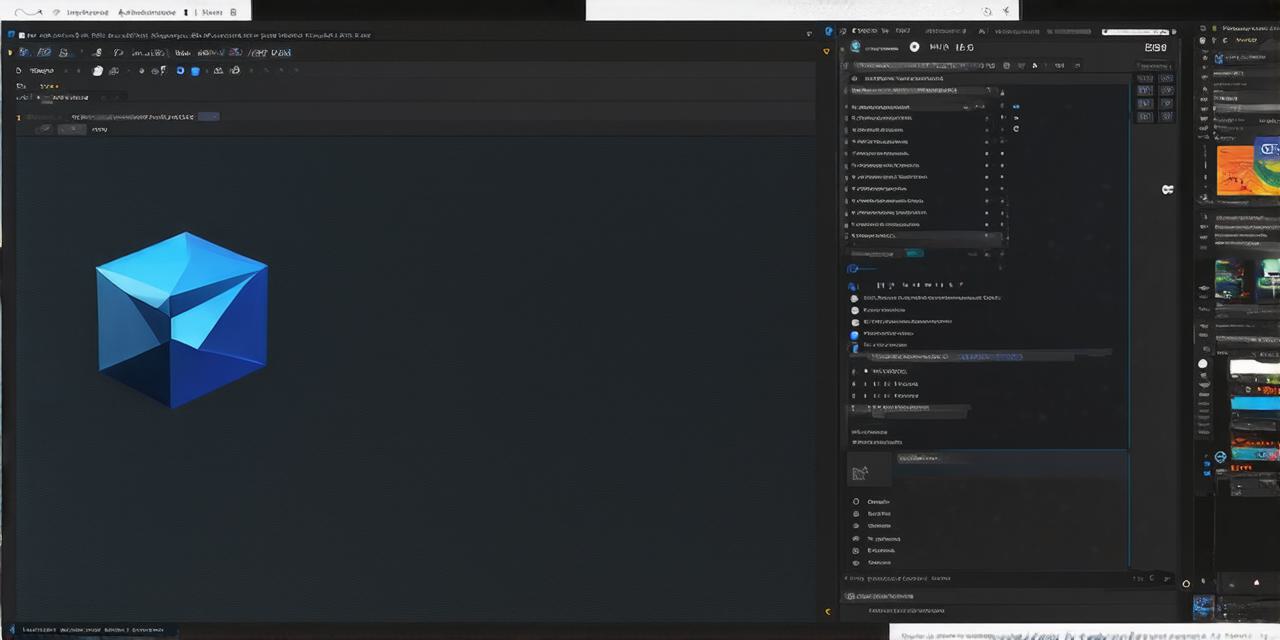Unleashing Creativity with Unity 3D
Unity 3D is not just a game engine; it’s a creative canvas for developers and designers alike. From AAA games like “Superhot VR” to architectural visualizations, Unity 3D’s adaptability knows no bounds. “Superhot VR,” a critically acclaimed VR game, leveraged Unity 3D’s capabilities to deliver an immersive, time-bending experience that redefined the boundaries of virtual reality gaming.
The Power of Cross-Platform Development
One of Unity 3D’s most significant advantages is its cross-platform compatibility. Develop once and deploy everywhere—be it Android, iOS, Windows, or even consoles like PlayStation and Xbox. This feature has revolutionized the development process, saving time and resources for developers worldwide. For instance, a small indie studio can create a game on Unity 3D and release it on multiple platforms without having to rewrite the code from scratch.
The Science Behind Unity 3D
Unity 3D’s success is rooted in its robust physics engine, powerful graphics, and intuitive scripting system. According to a recent study by Unity Technologies, games developed with Unity 3D have generated over $25 billion in revenue since 2014. This speaks volumes about the engine’s potential. The physics engine allows for realistic simulations of real-world phenomena, while the graphics capabilities enable developers to create visually stunning worlds.

The Future of Unity 3D
As we look towards the future, Unity 3D is poised to dominate the realms of augmented reality (AR) and virtual reality (VR). With the rise of these technologies, the demand for skilled Unity developers is expected to soar. For instance, AR applications in education and healthcare are projected to grow exponentially, providing ample opportunities for Unity developers.
FAQs
1. Is Unity 3D free to use?
Yes, Unity 3D offers a free version with limited features. However, for commercial projects, a paid subscription is required.
2. What languages does Unity 3D support?
Unity 3D primarily supports C and JavaScript (UnityScript). However, developers can also use Boo, a dynamic language similar to Python.
3. Can I create 2D games with Unity 3D?
Absolutely! Unity 3D is equally efficient for 2D game development as it is for 3D. In fact, many popular 2D games like “Temple Run” and “Angry Birds” were developed using Unity 3D.
In conclusion, Unity 3D is more than a tool; it’s a catalyst for innovation and creativity in the digital world. Whether you’re a seasoned developer or a budding enthusiast, mastering Unity 3D can open doors to endless possibilities.
